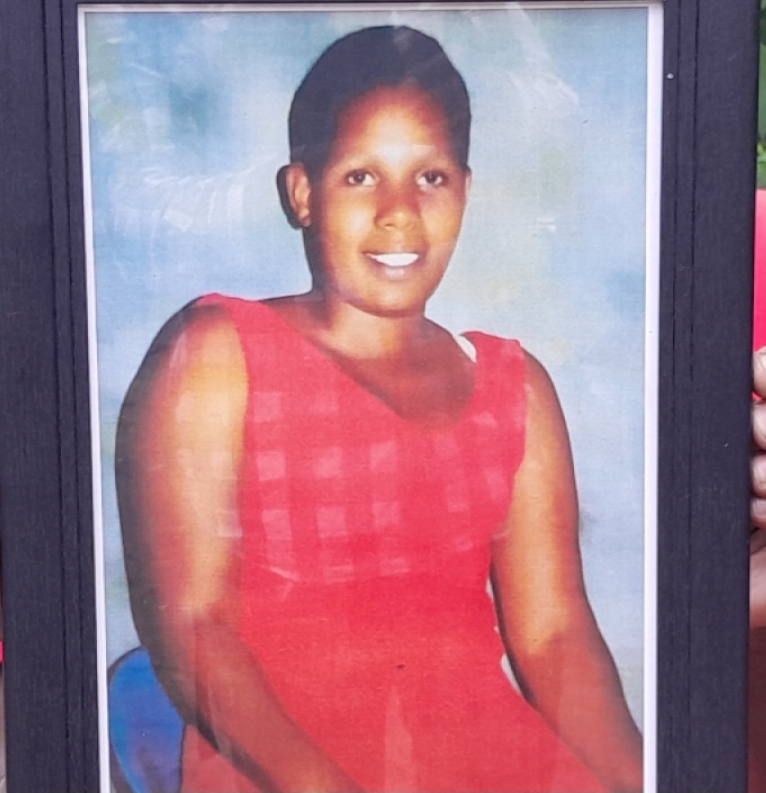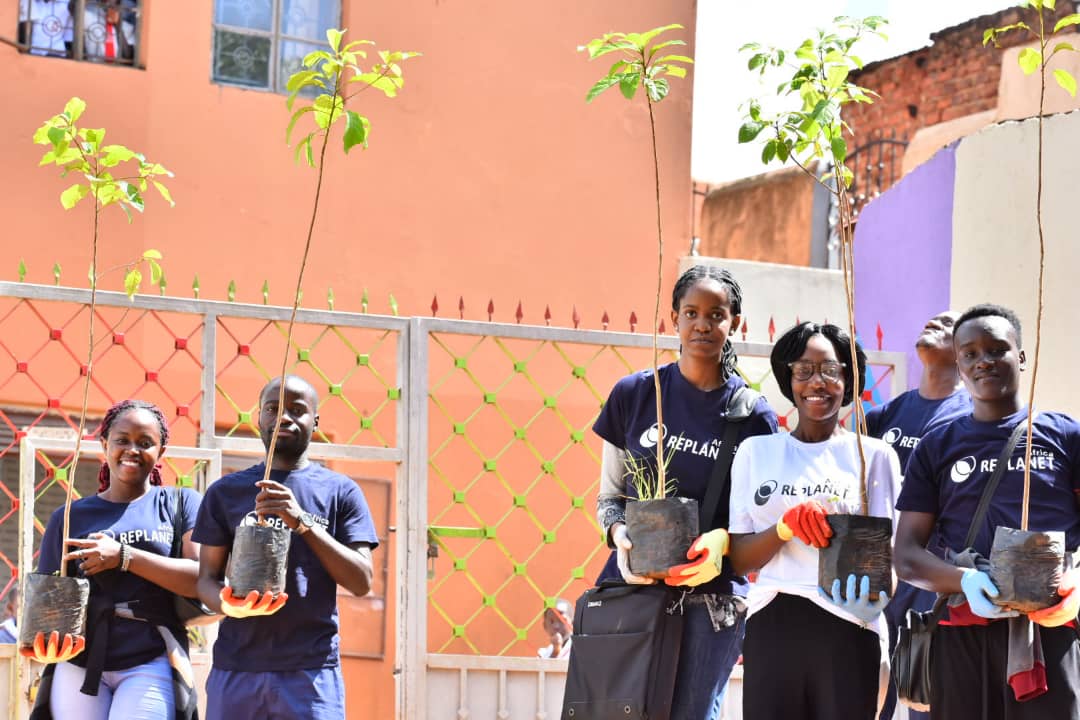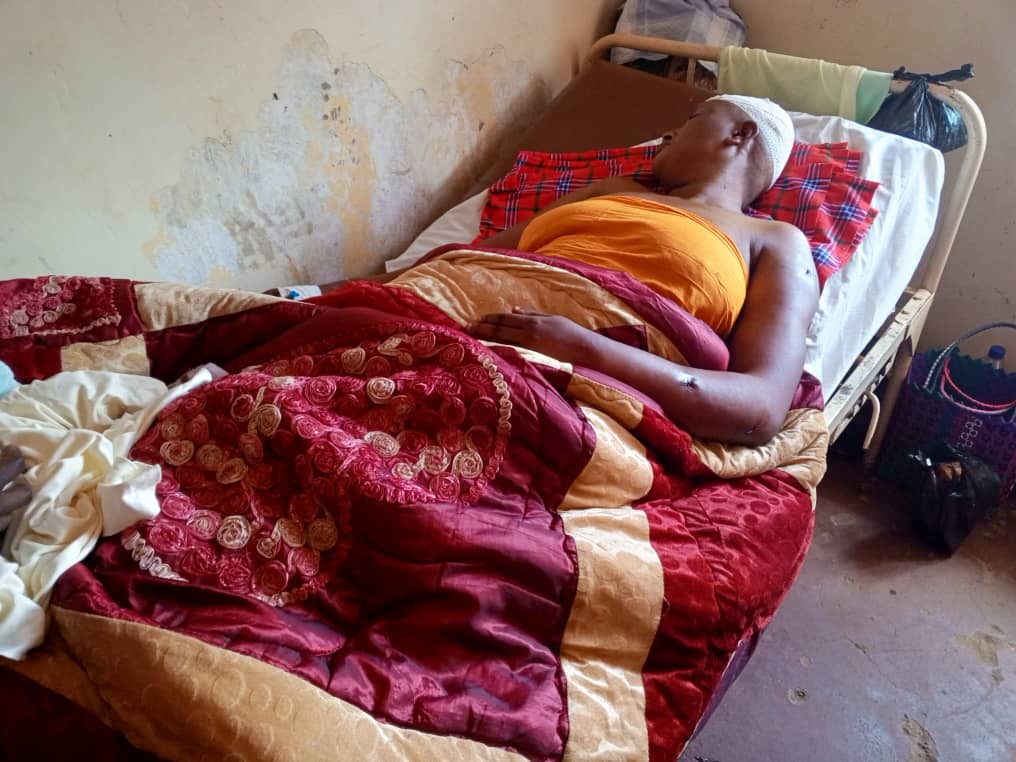Yellow Fever vaccination to begin in June
The Ministry of Health is set to administer 13 million doses of the yellow fever vaccine starting in June.
In 2022, Uganda was one of 14 countries in Africa that reported confirmed cases of yellow fever.
Keep Reading
The yellow fever vaccination program will also be integrated in Child Health Days (ICHD).
Uganda is a high-risk country for yellow fever transmission due to less than 10 per cent of the population being immunised against it, with sporadic outbreaks occurring every 3 to 5 years.
The last confirmed cases were reported near urban areas, such as Kampala.
Around 24 per cent of Ugandans (approximately 44 million in total), live in urban areas with roughly half of those living in slums.
Urban outbreaks of yellow fever in densely populated areas with low population immunity and often with poor sanitation, can have catastrophic consequences.
Yellow fever infections can cause serious illness and, in up to 30–60 per cent of severe cases, death.
There are no specific therapeutics to treat the disease, but early supportive care increases survival rates.
Crucially, there is a vaccine against yellow fever, and it is safe, highly effective and only a single dose is needed for life-long protection.
The director of public health Dr. Daniel Kyabayinze says yellow fever is transmitted by the Aedes Aegypti or Haemagogus mosquito species and outbreaks in Uganda originate mainly from sylvatic, or jungle, transmission.
Mosquitoes acquire the virus by feeding on infected primates and then bite humans during agricultural and other activities in forested areas.
Humans can then carry the virus to other areas, including urban centres, where it is spread by mosquitoes from human to human.
The vaccination programme will be carried out with the support of the Eliminate Yellow fever Epidemics (EYE) Strategy and its key partners, including the World Health Organization, UNICEF and Gavi, the Vaccine Alliance.













